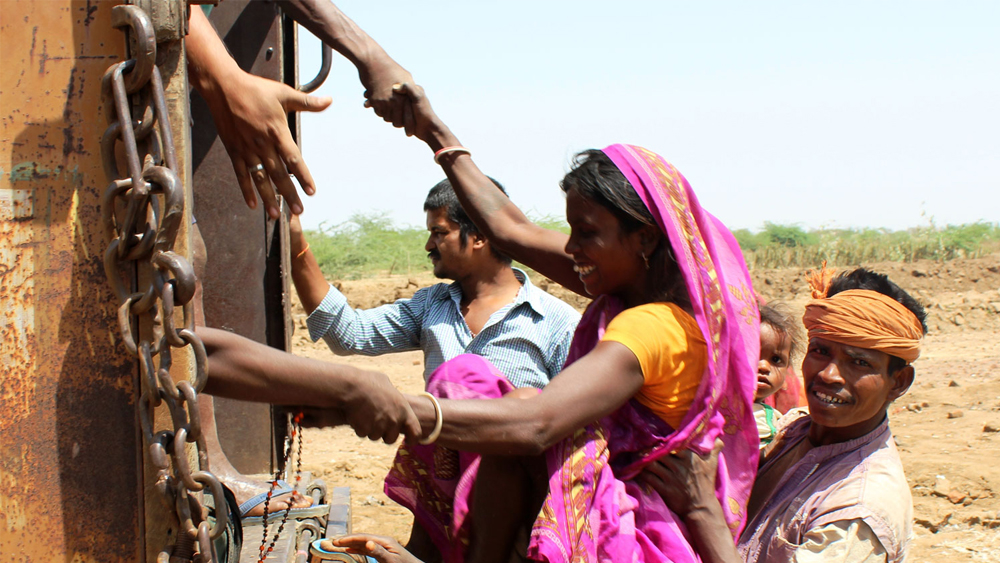Feds tackle modern slavery
An overlooked item from the Budget that is good news
3,000 of Australia’s largest corporations will be required to address slavery in their supply chains when the federal government legislates a Modern Slavery Act.
Assistant Minister for Home Affairs, Alex Hawke, has announced the Government will introduce legislation to Parliament by mid-2018. This will be in addition to a state Modern Slavery Act which has already passed through the NSW Upper House.
Australia can do more, especially overseas, says IJM
“By introducing a mandatory reporting requirement for big business, we will reduce modern slavery risks in our goods and services supply chain by ensuring businesses are held to account,” Hawke said.
Claiming a world first, the Turnbull Government will publish an annual statement covering Commonwealth procurement.
To ensure the reporting requirement is implemented effectively, the Government has committed $3.6 million through the Federal Budget to establish a new Anti-Slavery Business Engagement Unit in the Department of Home Affairs.
But International Justice Mission (IJM), a Christian charity, is concerned that a lack of penalties for non-compliance could make it difficult to mainstream compliance and create a cultural shift across industry. In a statement to Eternity, IJM has called for tougher action and more funding.
“We believe that the Government should consider increasing this funding to facilitate greater engagement of business with government and civil society to take active steps to identify and eradicate slavery in supply chains.”
Australia can do more, especially overseas, says IJM.
“Strengthened legal systems … will deter primary producers from offering goods tainted by slave labour” – IJM
“Whilst we are encouraged that the Australian Government is taking steps to introduce a Modern Slavery Reporting Requirement, IJM Australia is concerned that the focus on reducing the risk of modern slavery in the supply chains of Australian businesses will fail to address inherent problems in the public justice systems of developing countries where Australian companies source their goods. IJM works with local authorities in developing countries to investigate and prosecute cases of modern slavery and we believe that strengthened legal systems in those countries will deter primary producers from offering goods tainted by slave labour to Australian companies and their suppliers in the first place.”
A related budget initiative by the Federal Government to tackle online child pornography has also been welcomed by IJM. “The $68.6 million funding over four years for the new Australian Centre to Counter Child Exploitation (ACCCE) will enhance interagency cooperation and the resourcing of the complex investigative operations that are required to disrupt criminal child exploitation networks and identify victims, particularly those overseas.
“This is a timely and necessary initiative that will help to stem the rising tide of child exploitation material being created and shared by criminal networks. ”
IJM credits the Federal governments agencies that have already helped combat cyberporn.
“Many of IJM’s operations with the Philippines National Police into cybersex trafficking have been the result of tip-offs from the Australian Federal Police and other overseas law enforcement agencies. These operations result in child victims being rescued and those perpetrating the abuse in the Philippines being arrested and prosecuted. We are thrilled to see the Government directing well-targeted resources to this urgent and complex issue.”
Email This Story
Why not send this to a friend?




